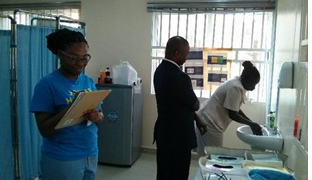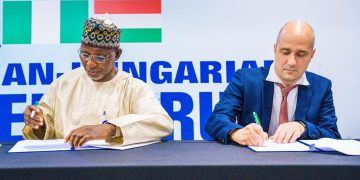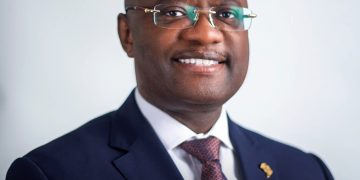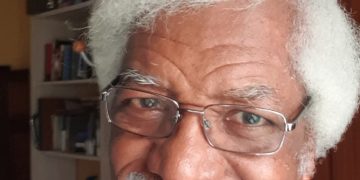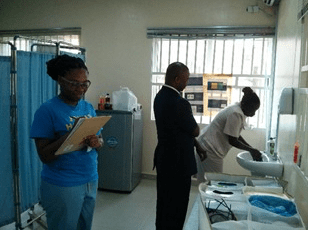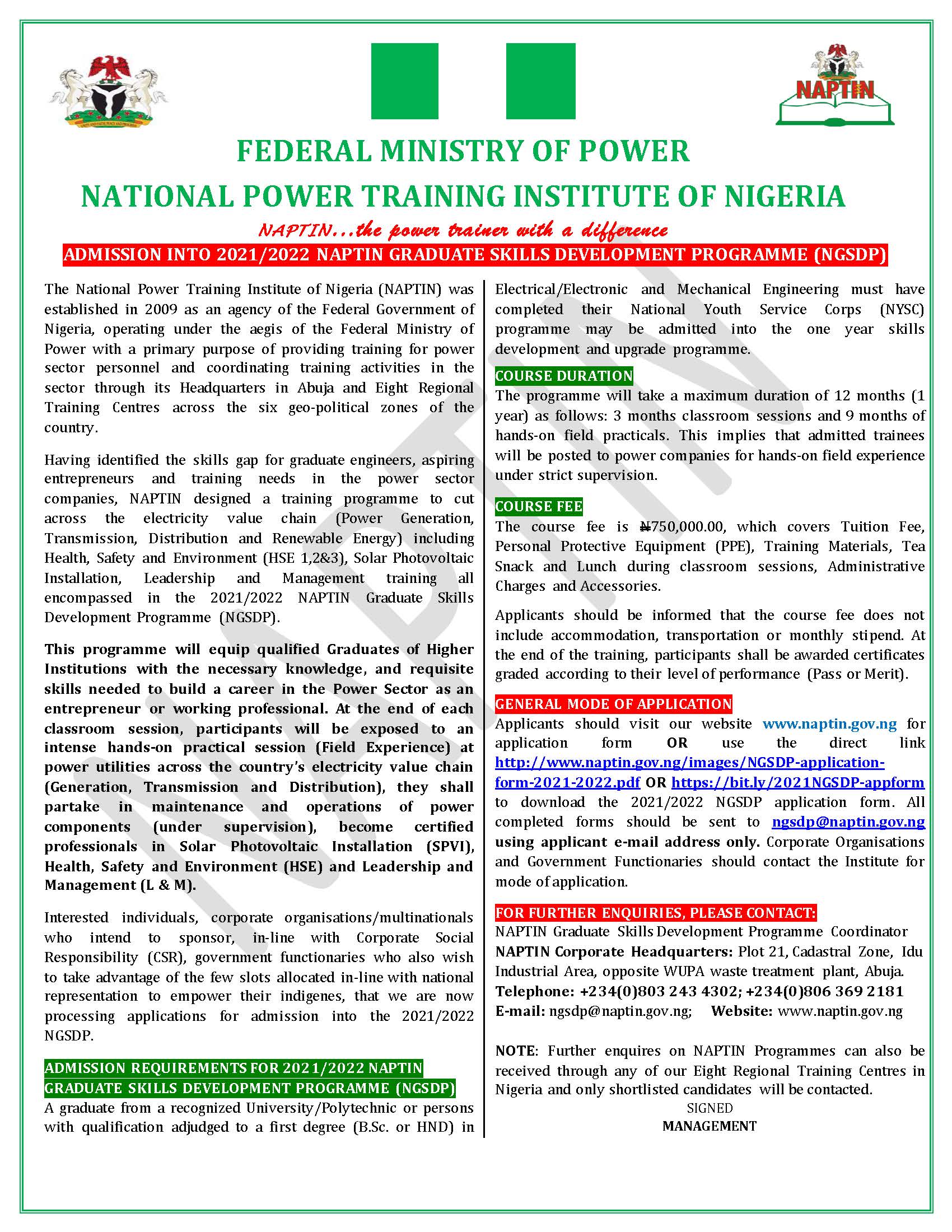By YANGE IKYAA
As G20 finance ministers meet this week in Rome to discuss how they will build back from the pandemic, WaterAid is raising an alarm and urging global leaders to commit to new funding of at least $1.2 billion to ensure that all hospitals and clinics, particularly within the world’s poorest countries, have clean water, decent toilets and proper handwashing facilities.
Since the onset of Covid-19, rich countries have spent significant sums, an average of nearly 10% of their GDP, and a total of $20.6 trillion, on stimulus packages to help bolster their economies and to recover from the pandemic, but this has done little to improve hygienic conditions in poor nations.
WaterAid is a not-for-profit organization that works in 28 countries to change the lives of the poorest and most marginalized people. It is committed to making clean water, decent toilets and good hygiene normal for everyone and everywhere within a generation. Since 1981, WaterAid has reached 27 million people with clean water and 27 million people with decent toilets.
The international charity organization says taking the funding step as being called for will ensure that every healthcare centre in Nigeria could have taps and toilets for just half an hour’s worth of COVID-19 spending for the whole year of 2020.
Although this sum of $1.2 billion needed to fund the new call by WaterAid equates to just thirty minutes-worth of the past year’s global spending, it is enough to bring these non-pharmaceutical but vital frontline defenses against future pandemics to all healthcare facilities in the poorest nations, including Nigeria.
Evelyn Mere, who is the country director of WaterAid Nigeria, said “spending at least $1.2 billion on water, sanitation and hygiene for healthcare centres is a no-brainer investment, both saving lives now and also protecting against future pandemics and the devastation they cause.”
This sum, she further explained, “equates to just thirty minutes-worth of what has been spent over the last year on COVID response packages. Yet, it could change everything for the millions who have no option but to seek care from the 50 per cent of health care facilities in the poorest countries which don’t have clean water.”
According to the World Health Organization, an investment of this nature would take just one year to pay for itself and produce savings for every dollar invested thereafter.
Unfortunately, an ever-growing debt crisis is preventing poorer countries from being able to invest into basic water services, with some countries paying billions of dollars in international debt service each year.
In Nigeria, millions of people are at higher risk of COVID-19 and other infectious diseases, as 96% of all healthcare centres in Nigeria lack access to basic water, sanitation and hygiene services. This puts the lives of doctors, nurses, midwives and patients at risk.
WaterAid insists that providing doctors, nurses and patients with somewhere to clean their hands is one of the most effective ways to halt the spread of disease, and that while vaccines and therapeutics are urgently needed, lives are being put at risk every day because the very basics of disease prevention are being ignored. However, an essential injection of finance by the G20 would prevent millions of avoidable deaths through infections and diseases.
Not only has research shown that washing hands with soap helps reduce the spread of coronaviruses by one third, but it also helps curb the growth of antimicrobial resistance where antibiotics may fail.
As antibiotics are too often used in unclean health facilities as a ‘quick fix’ intended to replace proper hygiene, this scenario is rather contributing to an increasingly alarming situation that is increasingly making antibiotics lose their power to effectively fight infections.
“We must find the money needed as a matter of urgency, to make sure all healthcare facilities in the poorest countries have clean water and soap before another pandemic hits. If frontline health workers can’t wash their hands, keep patients clean or have somewhere decent to go to the toilet, a hospital is not a hospital at all – it’s a breeding ground for disease,” Mere sounded the warning.
According to data from WaterAid seen by The Africanscholar, 785 million people in the world, or one in ten people, do not have clean water close to home, while 2 billion people in the world, almost one in four, do not have a decent toilet of their own.
The data also indicate that around 310,000 children under the age of five die every year from diarrhoeal diseases caused by poor water and sanitation. That is around 800 children a day, or one child every two minutes.
However, WaterAid projects that every £1 invested in water and toilets returns an average of £4 in increased productivity, just as only £15 can provide one person with clean water.
In Nigeria, the statistics paint a worse picture, indicating that only 9% of the population have access to basic water, sanitation and hygiene services, with 60 million people, or 30% of the population, without access to clean water.
Also, 112 million people (56% of the population) in the country lack decent toilets, 46 million people (23% of the population) practice open defecation, 167 million people (84% of the population) lack basic handwashing facilities, and only 3% of schools have access to basic water, sanitation and hygiene services.
Yet, it is still worrisome and much worse to learn that only 4% of healthcare facilities in Africa’s largest economy have access to basic water, sanitation and hygiene services, with only 2% of parks and markets having access to basic water, sanitation and hygiene services.
